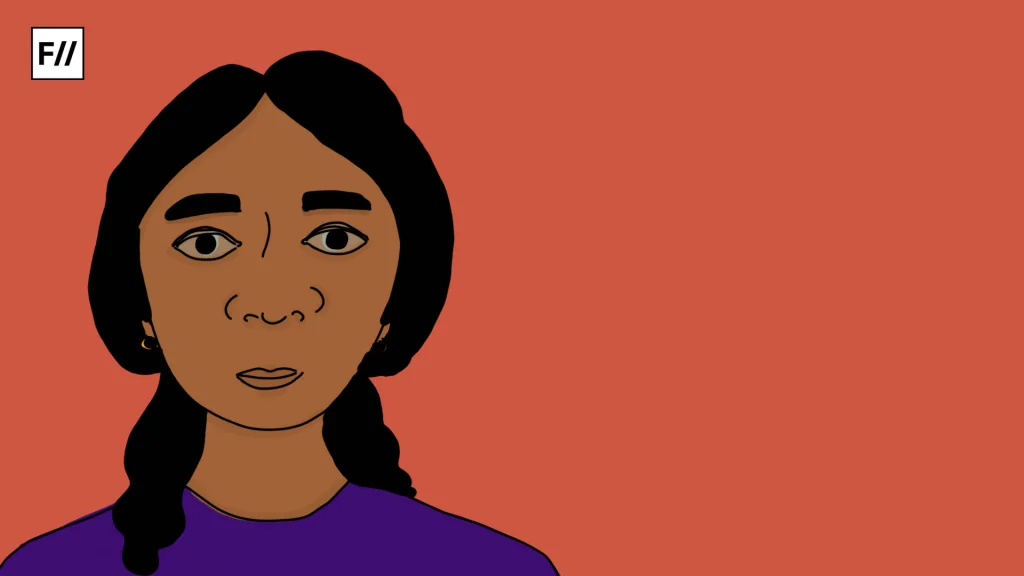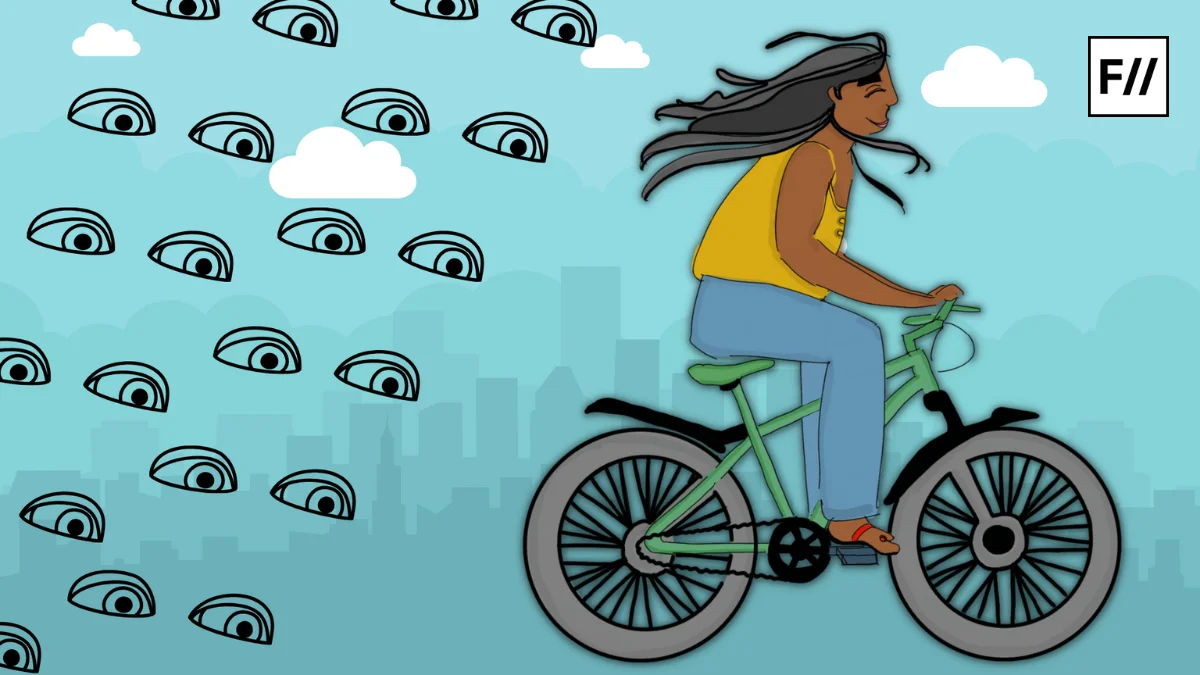On August 9th, in Odisha’s Rautbahal village of Jharsuguda district, a domestic spat between a couple resulted in the woman accidentally slapping her husband. As hitting one’s husband is considered a “serious offence” in the village, the husband took the matter to the village elders, and a kangaroo court was convened to impart “justice”.
In the disturbing “trial” that followed, the kangaroo court allegedly humiliated the 45-year-old woman and ordered her head to be tonsured. She was ostracised by the villagers, and forced to host a mutton and rice feast for them as penance. As part of her punishment, she was also allegedly sentenced to pay a penalty of Rs. 5000.
In the disturbing “trial” that followed, the kangaroo court allegedly humiliated the 45-year-old woman and ordered her head to be tonsured.
Was justice really served? Why are people going to such kangaroo courts, not formal legal channels, and why are women suffering the most at these courts?
What is a kangaroo court?
The Oxford Dictionary defines a kangaroo court as ‘an unofficial court held by a group of people in order to try someone regarded, especially without good evidence, as guilty of a crime or misdemeanour.’
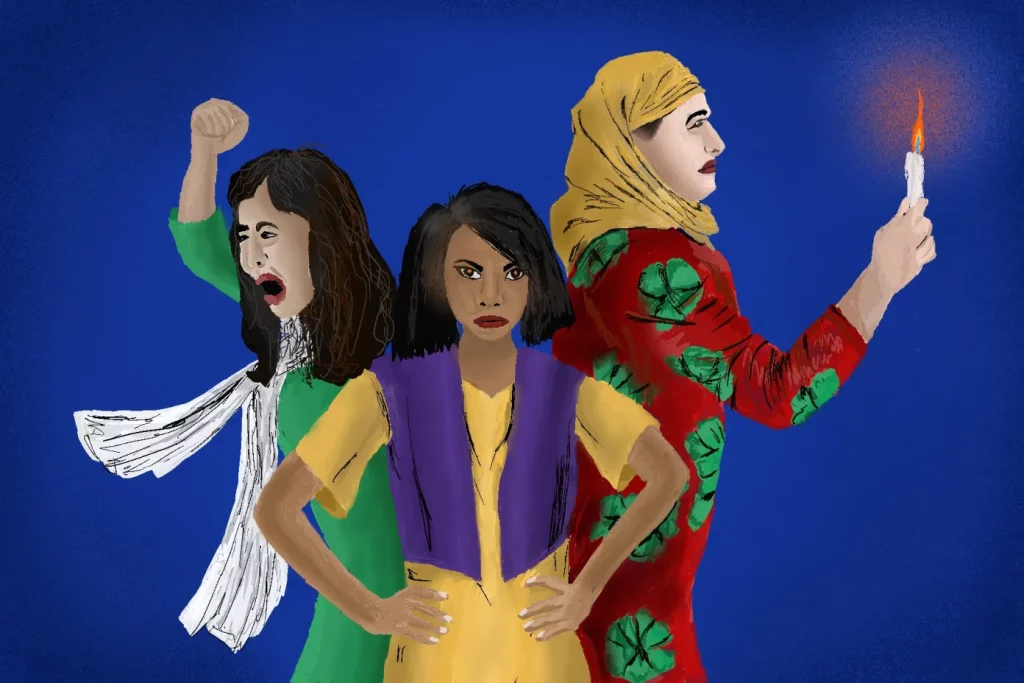
These groups of people forming a kangaroo court function in an unlawful, biased, and unfair way that sides with the common, local consensus, and not what is lawfully right. They lack due process and transparency, which undoubtedly causes a disproportionate impact on the perpetrators and victims. The judgement and punishment passed by these courts can be harmful, and borderline inhumane, which has been the case in many incidents across India.
The aftermath of this atrocious punishment
When the victim’s 26-year-old son, Niranjan Kisan, who works as a tailor in Tamil Nadu, found out about this atrocity, he travelled back home to his mother’s side and filed an FIR at the Laikera police station.
‘My mother had a fight with my father, Mahendra Kisan, on August 8. During the heated argument, my mother accidentally hit my father while trying to oppose him. It was not intentional. Enraged over it, the next day, my father approached the elder members of our villages to punish my mother,‘ shared Niranjan.
He added, ‘After learning about it, I rushed to my village and reached it on August 21. Not only was my mother tonsured, but she was also forced to give a mutton feast to the members of the kangaroo court.‘
Fortunately, after the complaint was filed, the police started investigating the matter right away.
The indicted were charged under Sections 74, 85, 133, 296, 351 and 356 of the Bharatiya Nyaya Sanhita.
‘During the investigation, we found that the husband of the woman and three other senior persons of the village are involved in the act. We have arrested them,’ stated Dillip Kumar Behera, officer in charge of the police station.
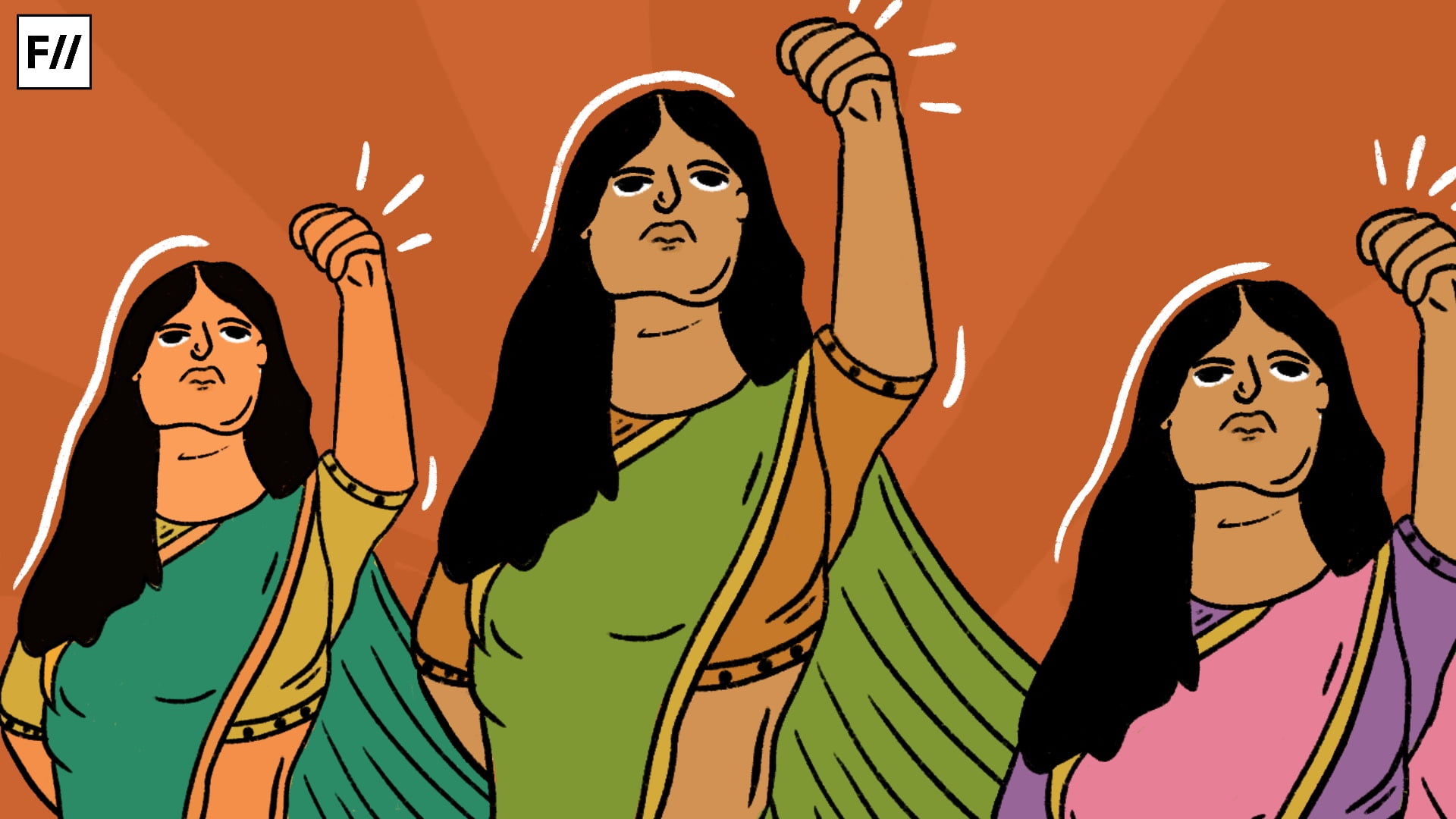
The indicted were charged under Sections 74, 85, 133, 296, 351 and 356 of the Bharatiya Nyaya Sanhita.
The inequitable impact of kangaroo courts
Given the unregulated nature of these courts, people are at a big disadvantage when tried by them. No due process, going off the books, and a clear disregard for the legal proceedings of our well-established justice system, kangaroo courts are a recipe for disaster from the get-go. They violate a person’s rights, access to justice, and freedom, and also create a fearful environment in the community, making victims vulnerable to society’s harsh prejudices.
With belief systems stuck in the past, these groups use regressive methods of public humiliation and shaming to punish the victims. From people being flogged in public, to women being stripped naked, tonsured or even gang-raped as a punishment, the bisarre and horrific consequences of such kangaroo courts are undeniably destructive. Even though most kangaroo court cases may go unnoticed or undocumented, there is ample evidence that suggests women are the most vulnerable to abuses of such courts.
Women left vulnerable to unjust proceedings
The patriarchal system already expects women to follow traditional gender roles, isolating them from decision-making and accessing resources, making them highly susceptible to kangaroo courts for any conflict resolution. That also means that women may not even be aware of the legal routes they can take to exercise their right to a fair hearing, legal representation, and the presumption of innocence when on trial.
In this particular case, the woman’s head was tonsured as a sign of shame by stripping away her identity, her dignity, and her femininity.
To make it worse, the element of shame plays a major role in such courts. In this particular case, the woman’s head was tonsured as a sign of shame by stripping away her identity, her dignity, and her femininity. Plus, she was asked to cook a meal as a punishment to “remind her” of her place in the patriarchal society – of servitude, by bowing to men’s power and authority.
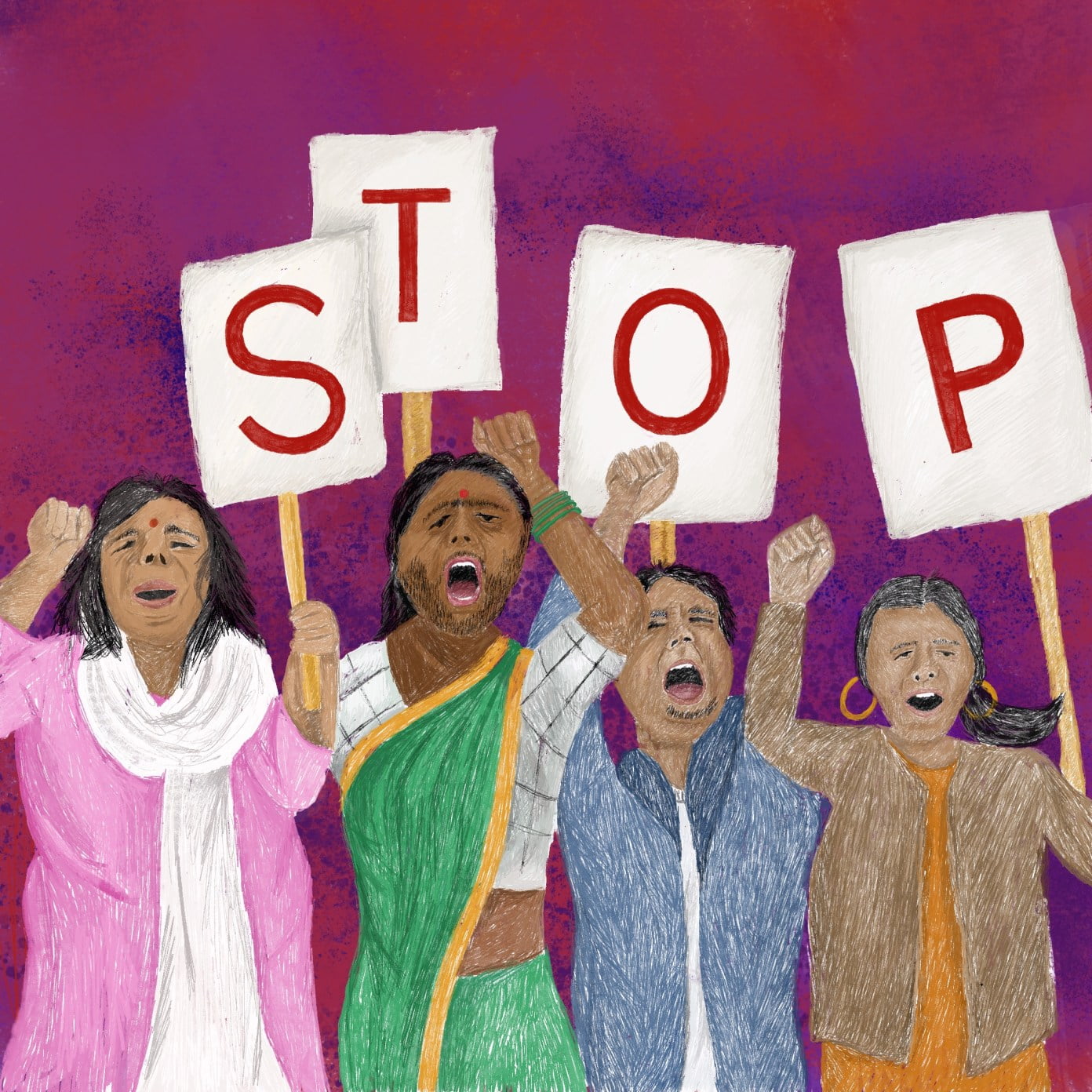
When other examples of kangaroo courts’ punishments for a woman are observed, all follow similar themes of shame, taking away her rights and dignity, and “putting her in her place” when she “acts out”. Sadly, the fact is that some of these themes are not only normalised but accepted and celebrated in certain parts of our society, causing generations of women to suffer from this detrimental conditioning and its consequences.
Forging a fear-based climate for women
As an extension to the patriarchal structure, the social stigma and fear of retaliation by the family for reporting internal household matters to formal channels can also leave women exposed to kangaroo courts instead. This ends up creating an unsafe environment of fear and impunity for women, becoming their weakness. As a result, women may end up suffering in silence, unable to access the protection and support they need.
Also, oftentimes, these courts are male-dominated perpetuating authority over women. This wildly empowers the male perpetrators in these dynamics, freeing them of accountability and emboldening them to commit violence against women. Unfortunately, domestic violence, public humiliation and ostracisation become a direct outcome of such terrible practices. Women find themselves helpless and powerless in these cases, unable to stand up for themselves, and stuck in extremely stressful circumstances.
Tangible and intangible mark on women’s lives
Kangaroo courts have far-reaching effects on women’s daily lives, causing emotional and mental distress, physical harm, and financial losses. The fear, humiliation and utter mistreatment that women are subjected to is beyond comprehension. In some extreme cases, women have also either died by suicide or have become victims of honour killings as a result of kangaroo court punishments.
The loss of income, access to her home, and even her livelihood can make a woman and her family’s life extremely difficult.
The loss of income, access to her home, and even her livelihood can make a woman and her family’s life extremely difficult. Add to it the burden of social stigma of being punished in a kangaroo court, affecting the woman’s capacity to find and hold employment, as well as maintaining social relationships, which can be quite isolating. Moreover, if the punishment is to be ostracised by the community, the woman is forced to leave her home.
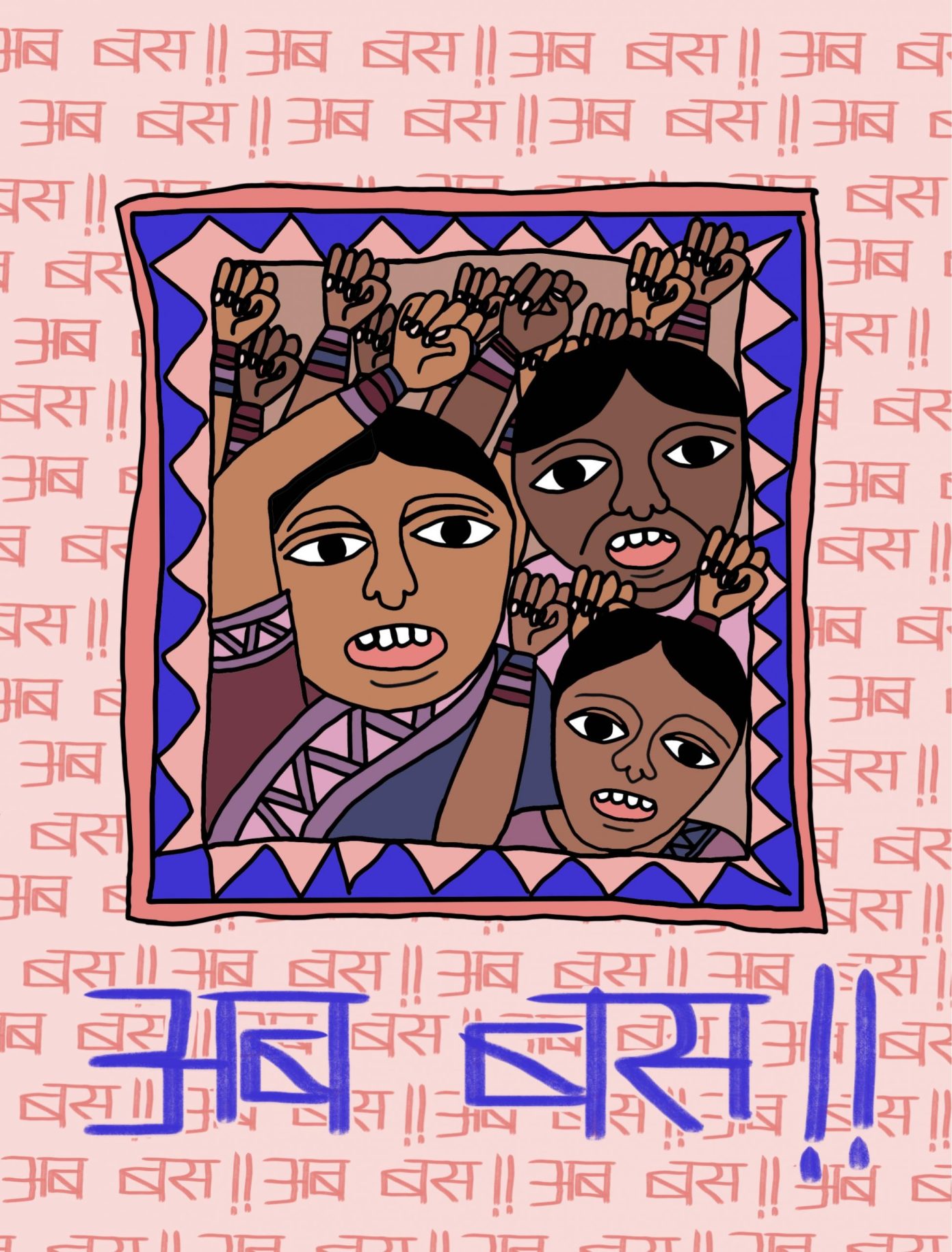
In some rural communities, women are also accused of witchcraft, subjecting them to kangaroo court punishments of abuse or even killings. Forced marriages are another form of violating women’s rights as a form of control and punishment.
The effect on women? Long-lasting physical and psychological trauma, limited opportunities to access education and employment, and loss of control over their own lives.
The need to eradicate kangaroo courts
The fact remains that our society is highly patriarchal, marginalising women and perpetuating harmful gender stereotypes. This especially matters the most in rural areas where access to proper legal routes may be unavailable or impractical due to social stigma.
To eradicate these toxic institutions, a multifaceted approach is needed, involving legal reforms, public awareness campaigns targeting highly susceptible communities, and support for women’s rights organisations.
Efforts should be made to enforce laws that clearly prohibit kangaroo courts and adequately penalise those who participate in them. Women’s access to proper legal help should be ensured and ample protection needs to be provided from the abuses of informal tribunals.
Public awareness campaigns to educate citizens about the dangers of kangaroo courts need to be arranged.
Public awareness campaigns to educate citizens about the dangers of kangaroo courts need to be arranged. The importance of upholding women’s rights and dignity needs to be sufficiently emphasised in these campaigns. Another way of combating this issue is to educate our youth in schools. The media and grassroots organisations can play a crucial role in influencing the local communities in the right direction, helping raise awareness and providing support for the victims.
Women’s rights organisations can collaborate with the government and other stakeholders to develop effective strategies to empower women, provide legal counsel to women affected by kangaroo court proceedings, advocate for legal reforms, and raise awareness through campaigns. Access to funding and resources will help such organisations to further this cause more effectively.
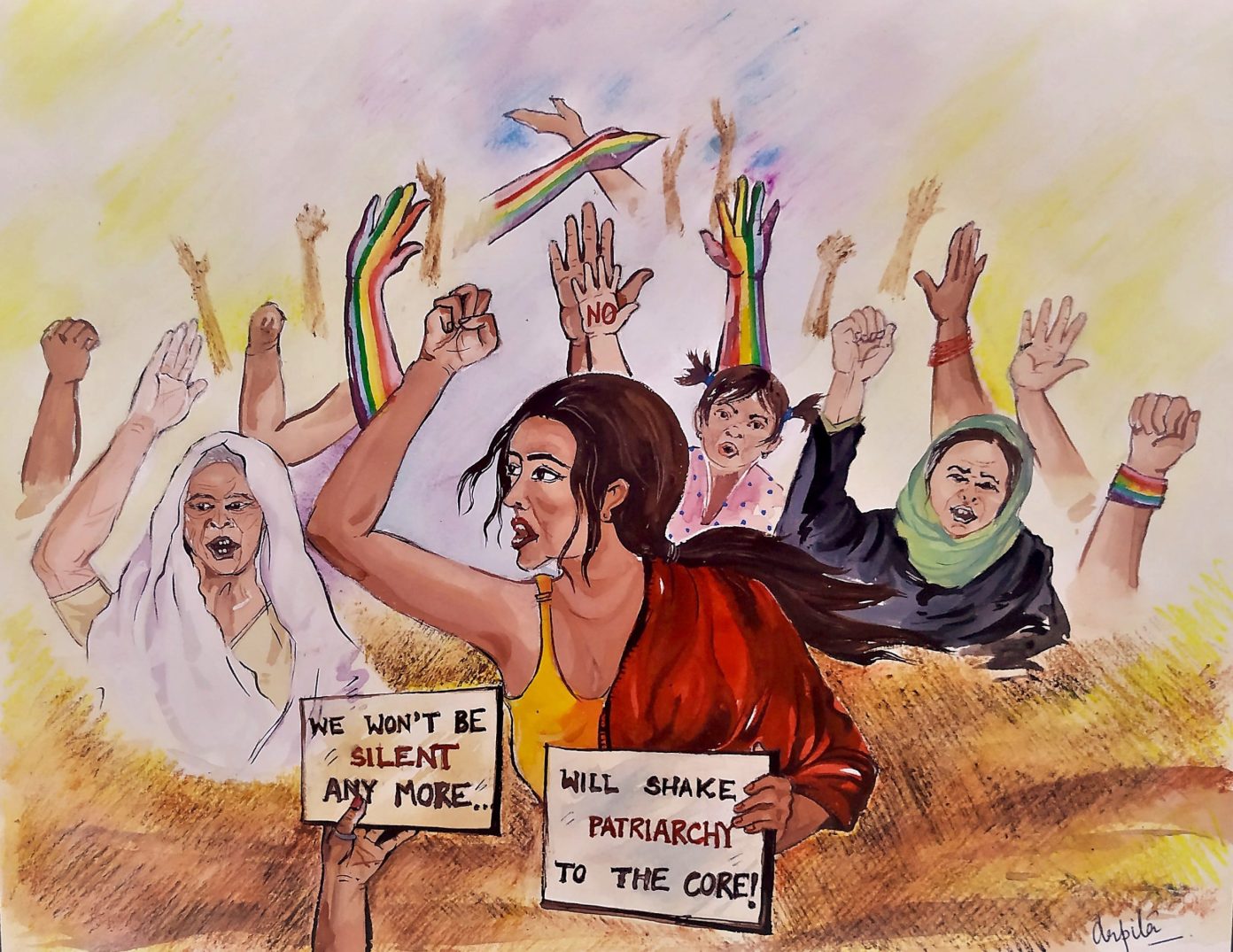
The mere existence of kangaroo courts is a direct attack on our democracy, our people’s rights, and our women’s dignity. It is, quite frankly, a shame to our country that we still have to witness outrageous crimes as a result of these tribunals in today’s progressive climate. A collective effort at all fronts is needed to truly eradicate kangaroo courts from the roots, or else we can only expect unsuspecting Indians to suffer mercilessly at the hands of such immoral groups.
About the author(s)
Forget textbooks, Mrudavi got hooked on writing through her childhood obsession with fiction novels. Now, she tells engaging stories that address real-world topics with a touch of her experiences. When the writing bug takes a break, Mrudavi can be found curled up with a good book or with her favourite people, fueling her imagination with endless cups of iced lattes.
